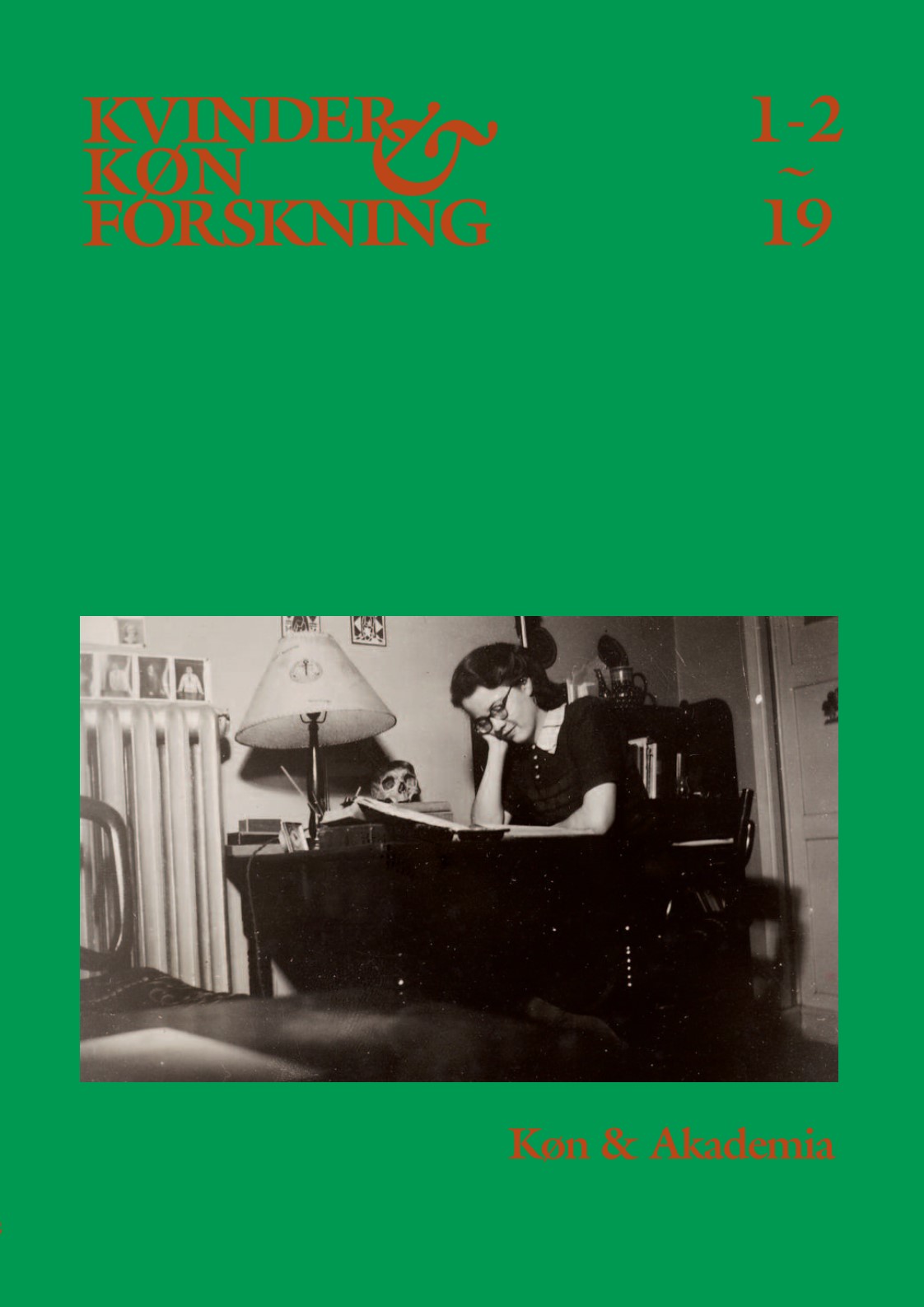Minoritetsbeskatning - et værktøj til at forstå opretholdelse af strukturelle uligheder i dansk akademia
DOI:
https://doi.org/10.7146/kkf.v28i1-2.116115Nøgleord:
Minority taxation, cultural taxation, decoloniality, academia, intersectionality, university, minorities, gender inequalityResumé
Minority Taxation – a Tool for Understanding the Maintenance of Structural Inequality in Danish Academia
Denmark has a strong tradition for doing critical analyses of the gendered inequalities of Danish academia – a critique that is particularly critical of gendered hiring practices. As such, Danish gender research has long grappled with the meta-scientific theories of positionality we recognize from e.g. Donna Haraway and Eve Sedgwick. However studies have yet to be conducted of the implicit and indirect inequalities that occur in the academic day-to-day experiences of researchers who are minoritized in more ways than their gender. Taking its point of departure in autoethnographic vignettes created during 3 years as a research-employee (PhD Fellow) as well as 7 years of teaching and supervising at 3 Danish universities, this article argues that Minority Taxation, a proposed Danish derivative of the US term Cultural Taxation (Padilla 1994), is a useful analytical tool for understanding the everyday experiences of structural inequalities in Danish academia. Minority Taxation covers both the concrete and affective extra-work minoritized academics are ‘taxed with’ performing due to structural inequalities. Deeming this form of work a tax aids in making more palpable the inequalities that can often seem hard to understand, quantify or negotiate.
Downloads
Publiceret
Citation/Eksport
Nummer
Sektion
Licens
Udgivelser i Kvinder, Køn og Forskning er beskyttet under Creative Commons License: CC Attribution-NonCommercial 4.0

